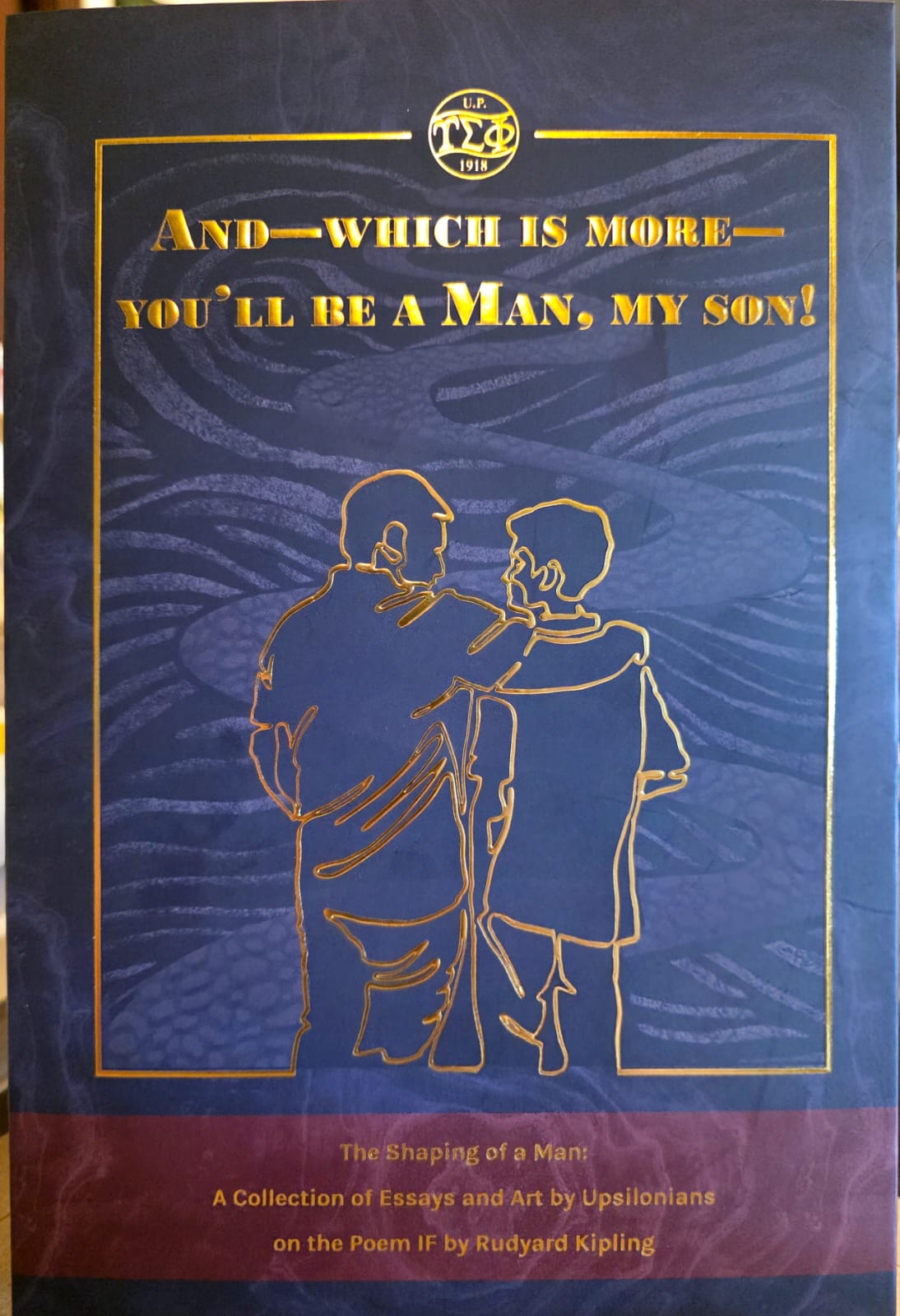Opinion
Living Up to the Senate's Illustrious History
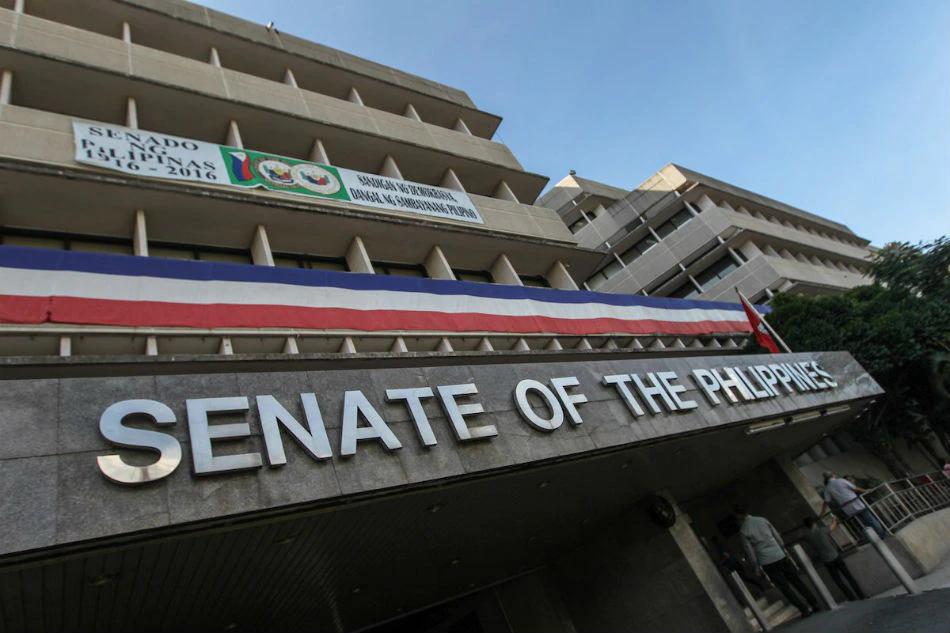
The election season is upon us and come October, many will be filing certificates of candidacy for various elective positions nationwide in the 2025 mid-term polls. As in the past, our people will view this as a “business as usual” democratic exercise to elect the country’s leaders. And so, our gullible electorate, long acclimatized to the circus-like playbook of Philippine politics, would continue to be deceived and, clueless and unquestioning to the end, would elect undeserving individuals who, in discharging the duties of their lofty offices, fare no better than comedians and amateur vaudeville performers.
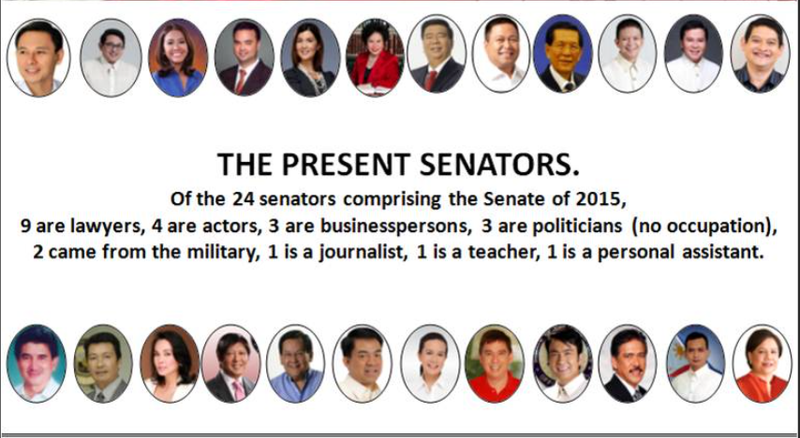
This sad state of the nation’s elected leadership could not be more graphic and embarrassing than in the goings-on in Congress—especially in the Senate where the antics and lackluster performance of its members are a cause for national concern and disillusionment. That the Senate is our point of reference is inevitable because it has a glorious history and a national, not local, constituency. With only 24 members, half of whom are elected every three years, the Senate represents, and has been presumed to be, a veritable reservoir of national leaders. This is why candidates for the Senate attract media attention and national coverage.
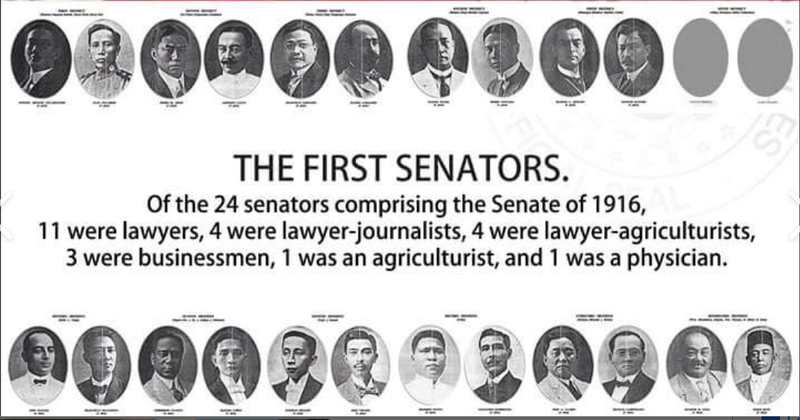
Precisely because of the pivotal role of the Senate in our government, those who seek to be a senator should be severely scrutinized and, on their own, reflect on whether they deserve the office. Has this been done? Here lie the tragedy and the trauma that we seem to suffer every election. Looking at the present composition of the Senate and the senatorial wannabees, who might be elected or reelected, we are in for a shock. With the exception of a few outstanding senators, currently and in the last 30 years, many members of the Senate have not lived up to the demands of their office.
The fault lies in the gullibility of our electorate and in our inaction in doing our part in voter education, a crusade that can be launched by ordinary citizens nationwide. We need not involve the Commission on Elections, which cannot even conclude its core mandate of resolving questions involving the true electronic voter count in the 2022 elections.
In this regard, we should ask all church parishes and other religious and civic organizations in every barangay to hold informal information gatherings to “educate” voters with the objective of telling them the mandate of a lawmaker: making laws, not distributing disaster relief goods or medical supplies, a responsibility that belongs to the executive branch.
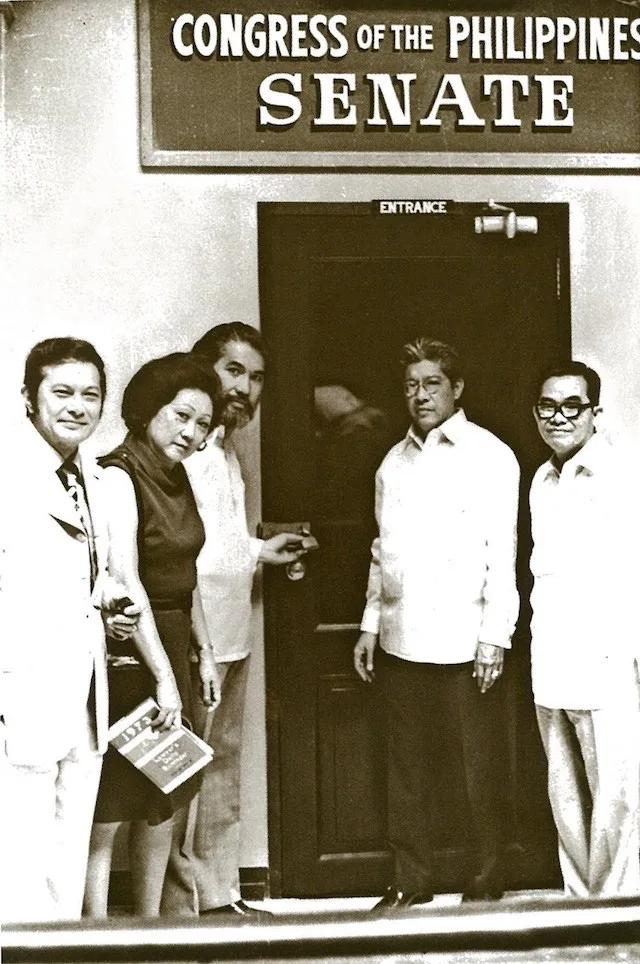
On the part of senatorial wannabees, we appeal to them to reflect on their plan to sit in the Senate and what the job entails. It is not difficult to look at themselves in the mirror and ask if they can approximate the capabilities of a Quezon, a Recto, or a Laurel. If not, it will not just be a personal sacrifice on their part, but also a supreme act of patriotism, for them not to run for senator and spare the great institution of more personalities whose acts and utterances continue to dim its illustrious history, short of reducing us to tears.
Reprinted with permission from the Philippine Daily Inquirer; photo credits to altavas.com
About the Author
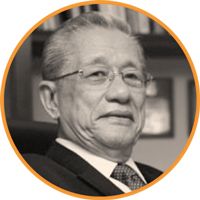
Ancheta K. Tan '63
Ancheta K. Tan '63 was a former illustrious fellow of the Upsilon Sigma Phi and editor in chief of the Philippine Collegian from 1965-66; he is a lawyer by profession and was selected as one of the top 100 lawyers of the Philippines by the Asia Business Law Journal in 2019. In August of 2024, he received a Lifetime Distinguished Achievement Award from the University of the Philippines Alumni Association (UPAA).
